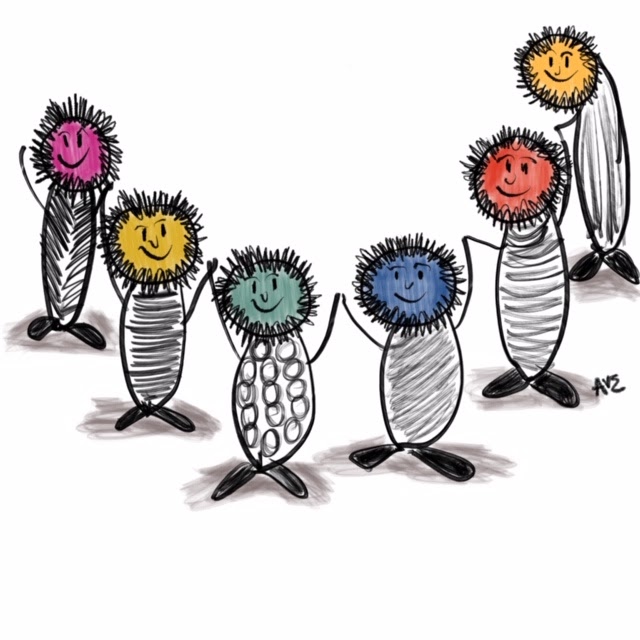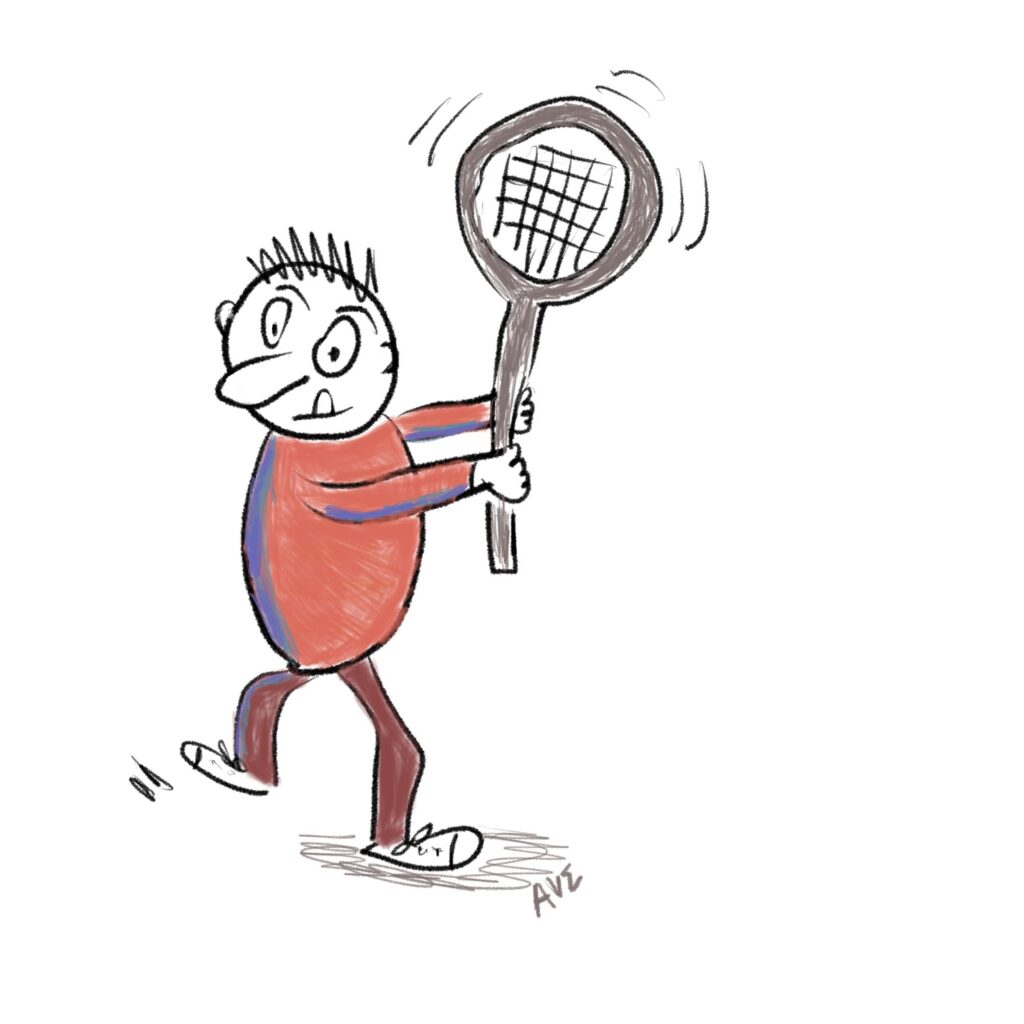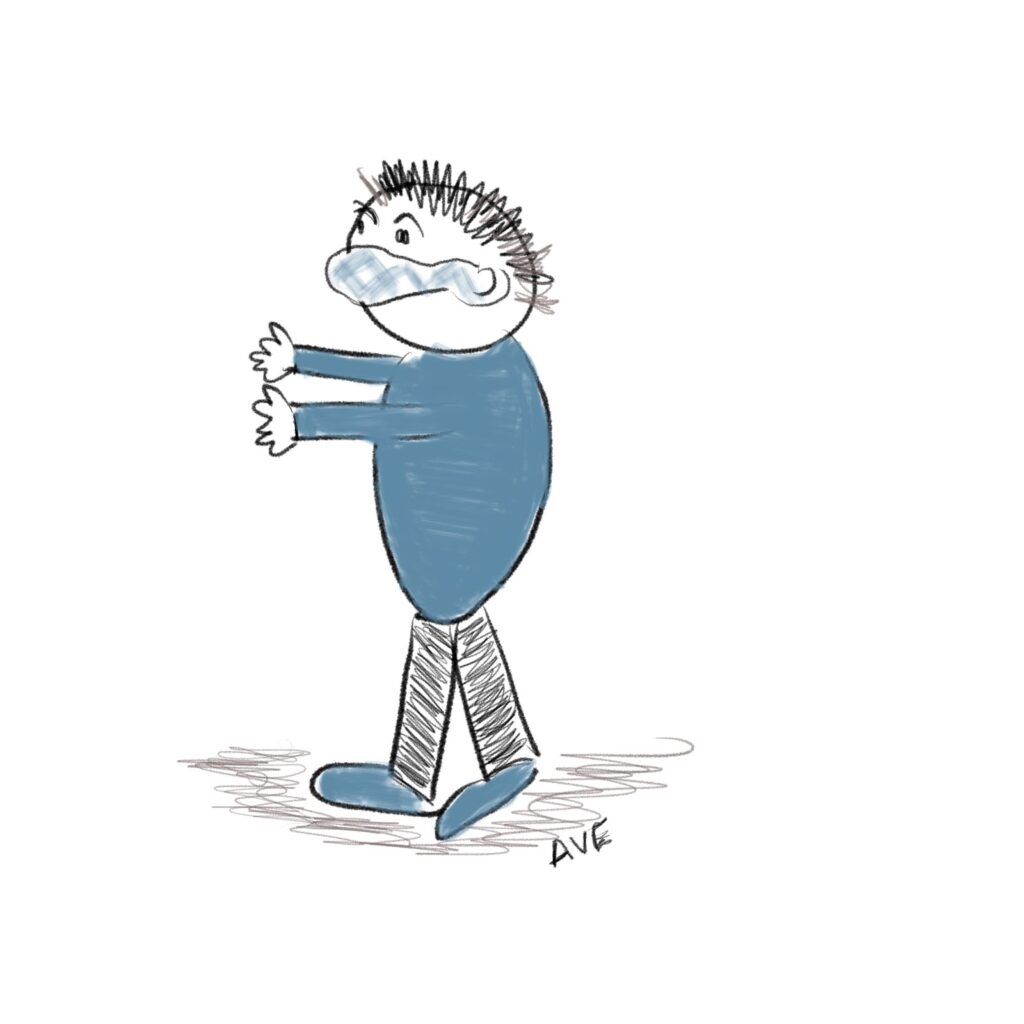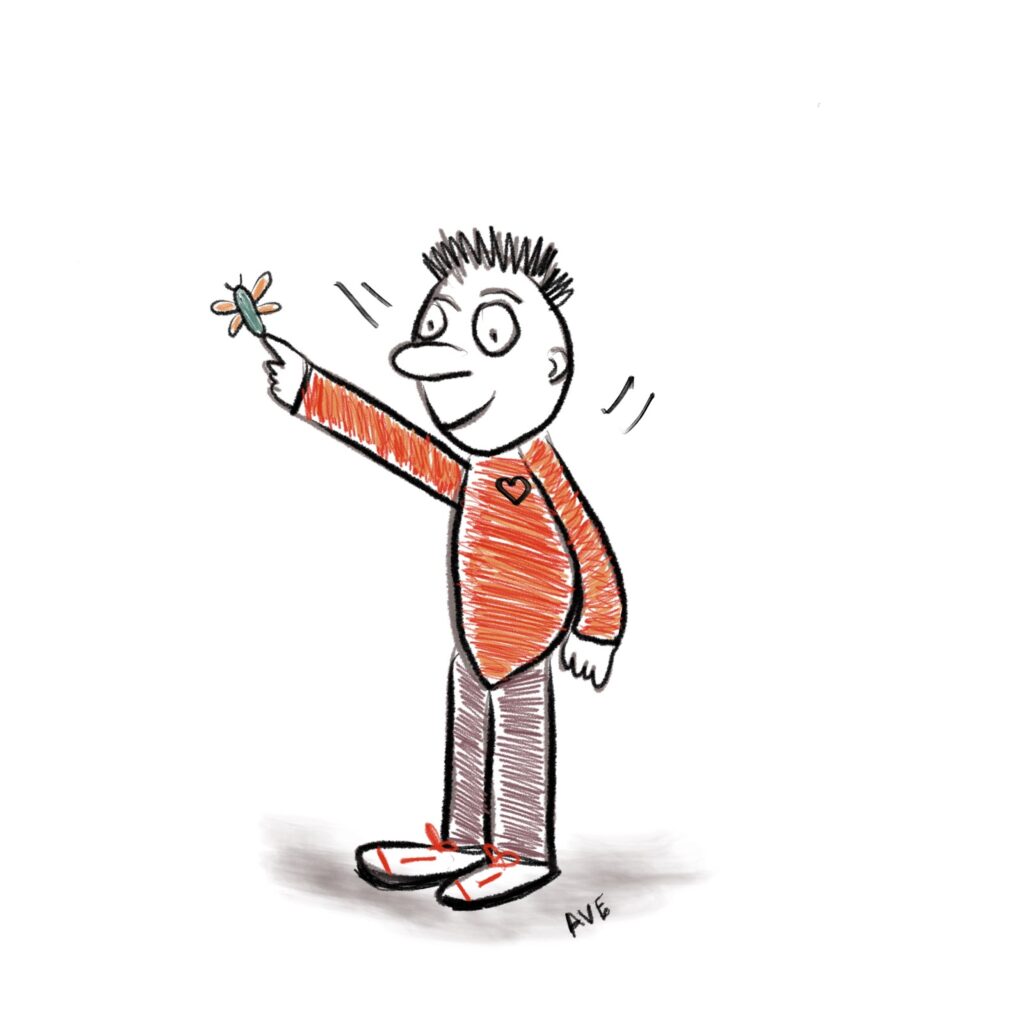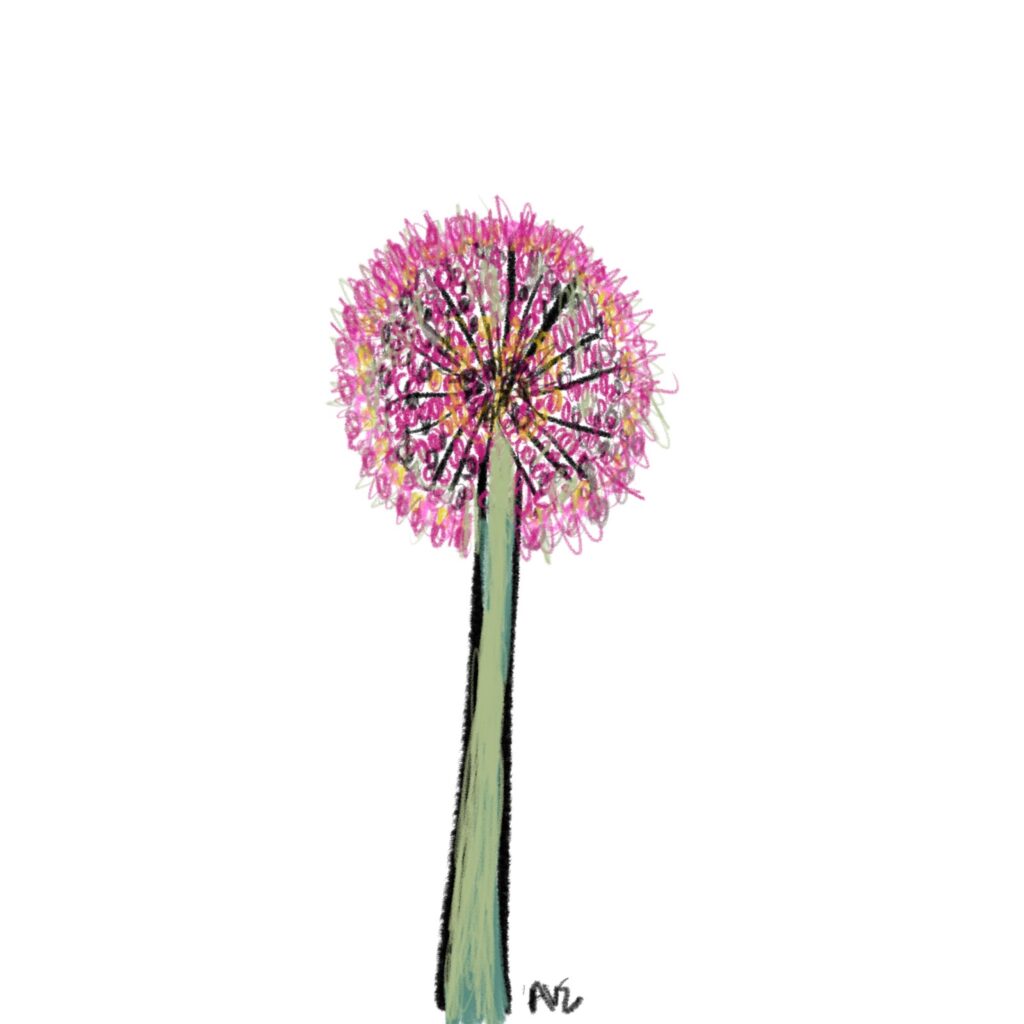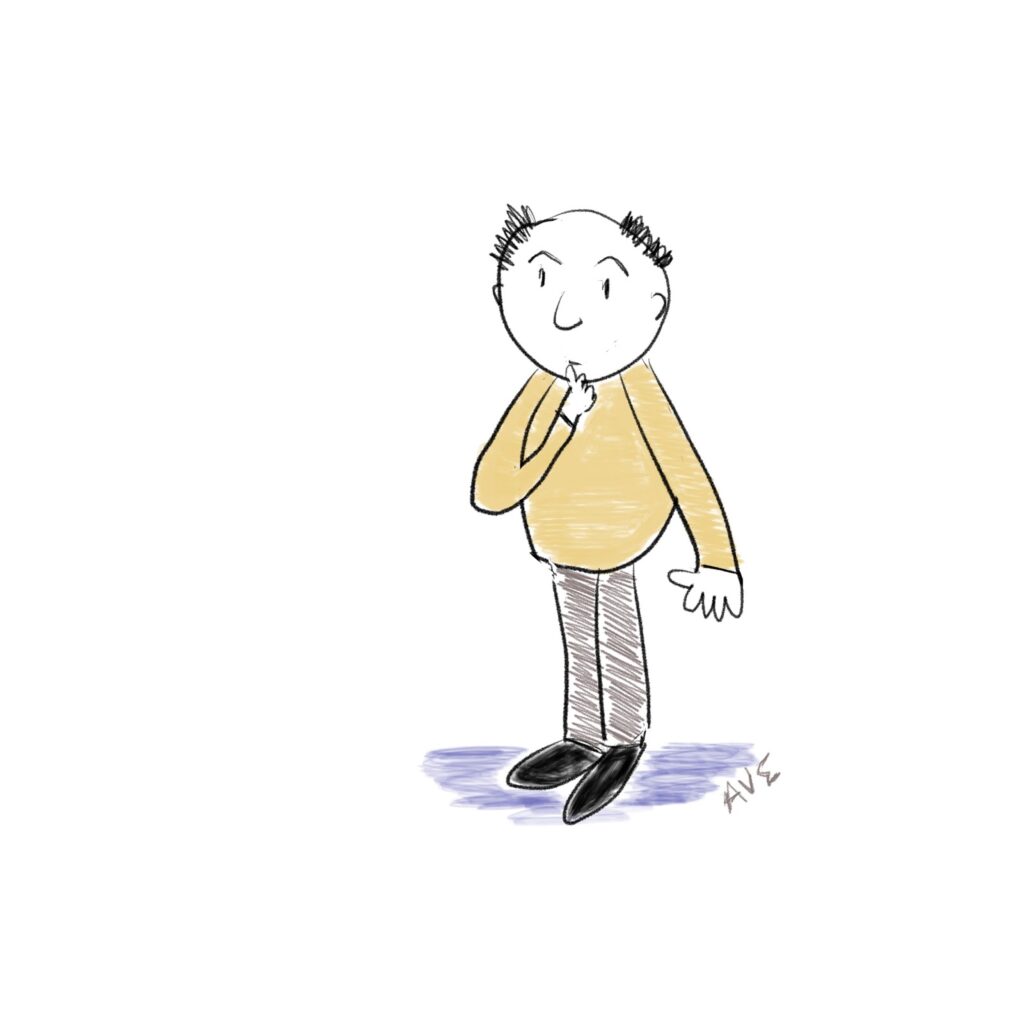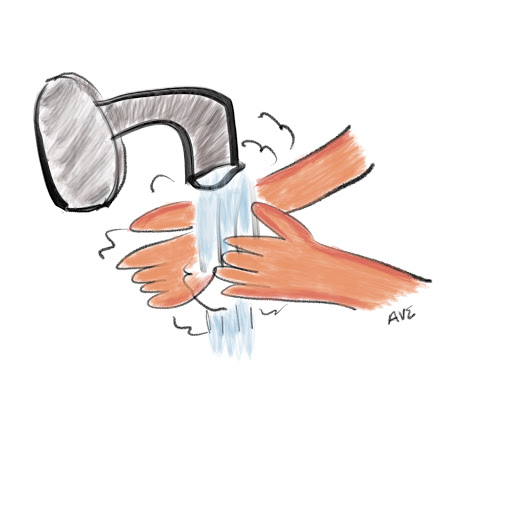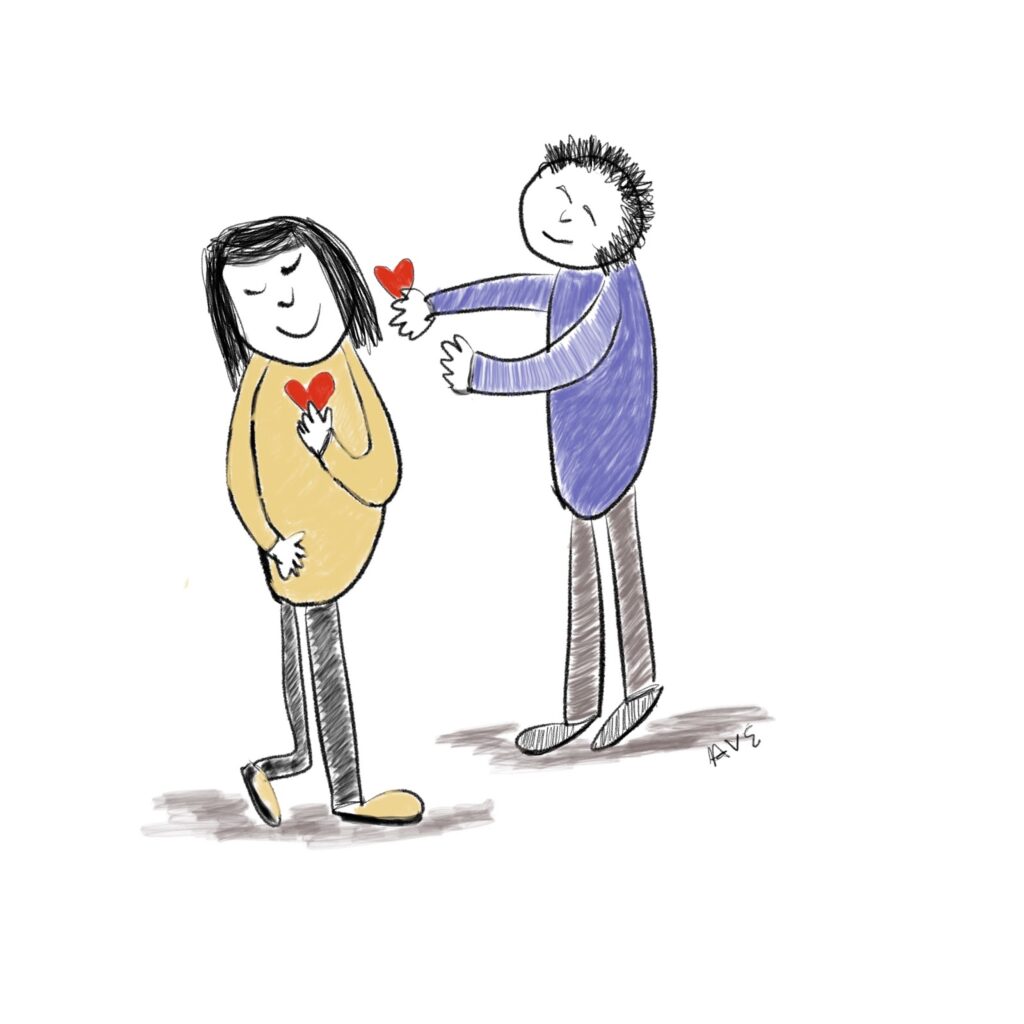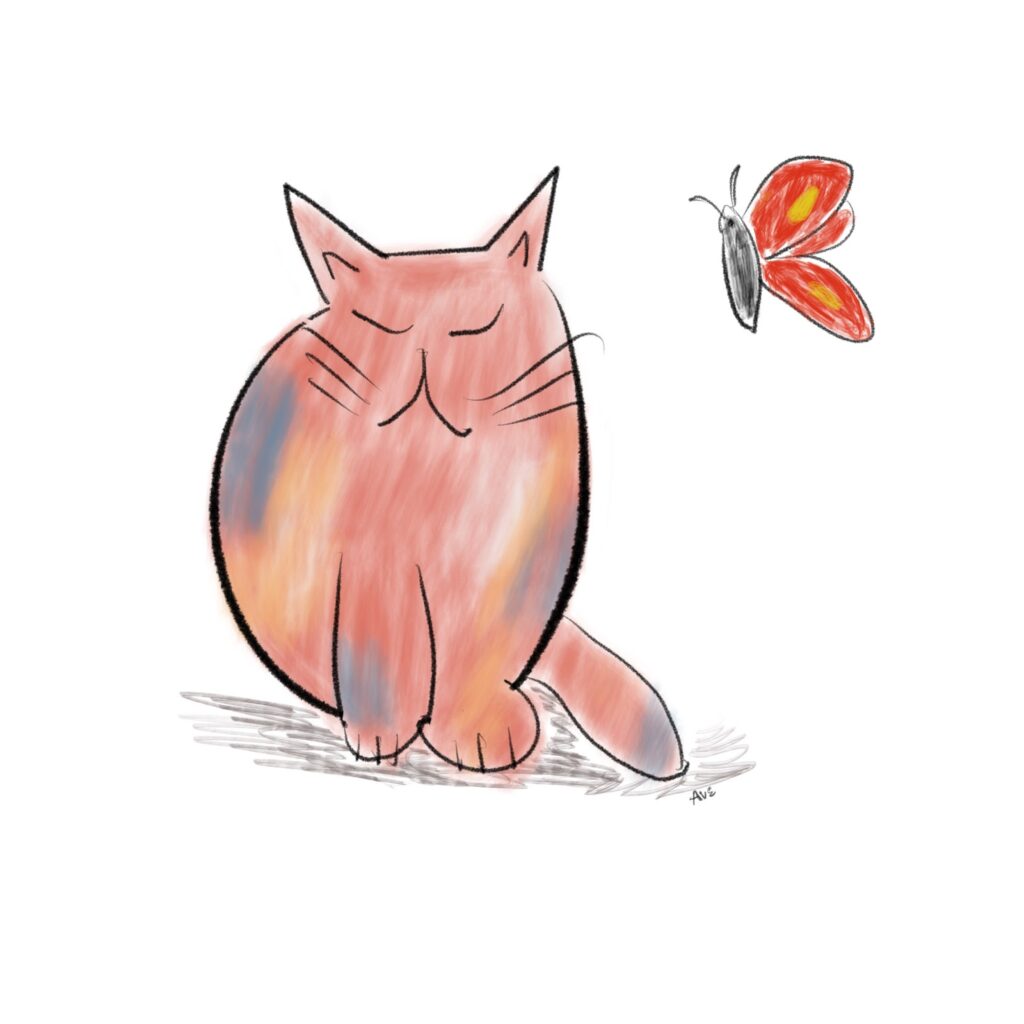
There are so many challenges facing us and our collective society. Do we have adequate health care for all? How will we strengthen our environment? How do we ensure peace amidst polarization? How do we address food scarcity? How do we support those who are isolated and lonely? How do we deal with biases and create inclusive compassionate environments? There are so many more.
It is easy to feel overwhelmed at the mountain of challenges in our own lives and in our communities. One response is to say it is too much and to feel helpless. Another option is to choose one issue that you care about, say climate issues. Then make the commitment to learn more about that issue. There are many resources available. Then you may choose to work with or support an organization that is focused on that issue. You may simply donate or write letters to politicians or plant trees. It sounds simple, but what if each of us devoted some of our time and talents to an issue we care about?
There is great value in picking an issue and devoting time to learning and supporting that issue. You will get the benefit of feeling more on purpose which provides meaning. You will connect with others who also care about the issue and you will see benefits for the planet or community.
Also, connect with others who want to make the world a bit better and support each other with your projects. I have hosted some of these groups and it is amazing how we can easily provide resources and ideas for each other. We create awareness, feel less alone and are more committed to taking action.
Take the first step today of devoting some time, even if an hour a week, to learning more about an issue and exploring.

